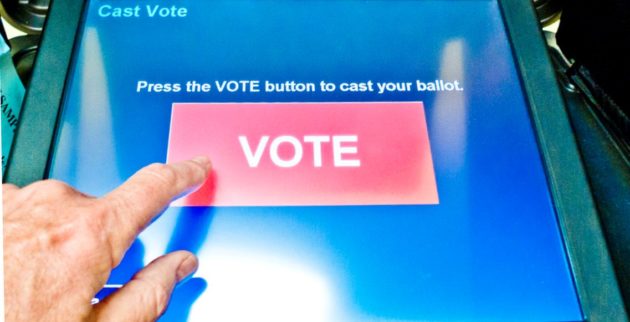WRITTEN BY POLYCARP ONWUBIKO
The serial flaws in the 2010 Electoral Act necessitated a review to bring it in line with global practice.
The flaws include bloated registered voters during polls, ballot box snatching, underage voting, falsification of election results, and mutilations of result sheets, among other electoral malfeasance.
These untoward events lead to bloodshed and destruction of property in addition to Nigeria’s poor international image, opprobrium and degradation.
Going down memory lane, the late President Musa Yar’Adua accorded top priority to electoral review as he was honest enough to admit that the electoral process that enabled him to win the presidential election was largely flawed. Unfortunately, the review of the electoral laws was not sufficiently carried out before the 2015 general election.
Due to the imperfection of the provisions of the extant Electoral Act, former President Goodluck Jonathan refrained from challenging the result of the election; and sensing the imminent bloodshed, said that his ambition could not worth the blood of any Nigerian.
This rare declaration of integrity and patriotic gesture resonated with well-meaning Nigerians.
The Independent National Electoral, Commission, INEC, had in its concern for transparency in elections introduced digital technology like Card Reader to checkmate bloated voters registration.
The measure frustrated mischievous political aspirants who believe in electoral manipulations and outright rigging elections to achieve their political ambition.
These political desperados exploited the legal loophole in the digital technology and obtained judgment in court. Consequently, the Supreme Court which ruled in their favour, however, advised INEC to approach the National Assembly to back the Card Reader and other digital components with law, hence, the journey of the Electoral Bill from March 2018.
It is unfortunate that the amendment of the relevant provisions in the Electoral Act has allegedly been subjected to political partisanship, instead of placing the over-riding interest of the country at heart.
It must be argued that the efforts of the legislature to put a stop to election malfeasance that has portrayed Nigeria as unserious in governance in the international reckoning should not be a platform for selfish politicking as being observed.
In other words, the flexing muscles between the presidency and the national assembly to veto the bill and to override the veto cannot advance the cause of good governance in Nigeria.
The imperative of review of the Electoral Act is a consuming wish of the Nigerian electorate to ensure free and transparent election.
The peace pact signed by political parties is an indication of preparedness of the parties to hedge their followers from indulging in violent activities that has been the dark spot of previous elections in the country.
The only way Nigerians would have the confidence that 2019 elections would be free and fair is to have transparent polls, free of corrupt practices. The smart card reader or any other technological devise are designed to verify, confirm or authenticate the particulars of the
voters.
The fulcrum of the entire amendment process was therefore to make card reader a key legally binding element of our electoral process.
Endorsing the bill will not have implications and will not lead to the disenfranchisement of a lot of voters as some political partisanship would make Nigerians to believe. This is because INEC has been perfecting the new template based on the digital process since 2015.









Comments are closed for this post.